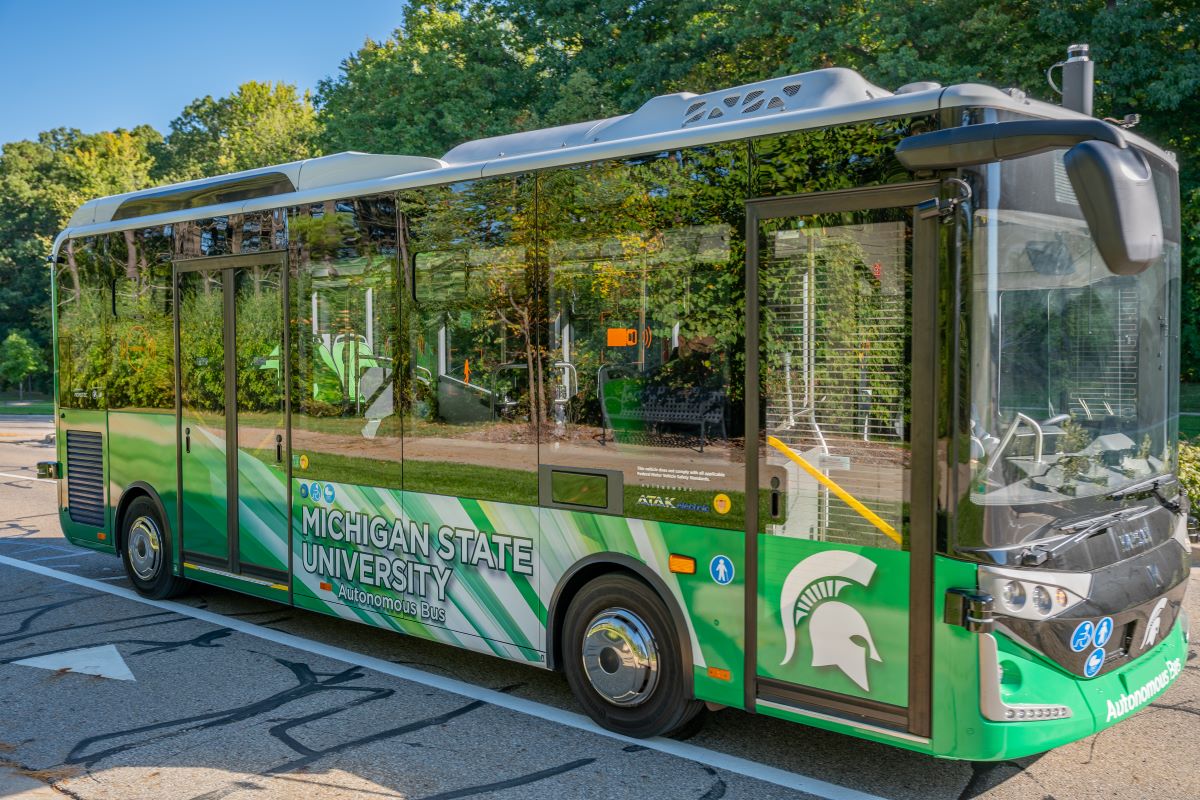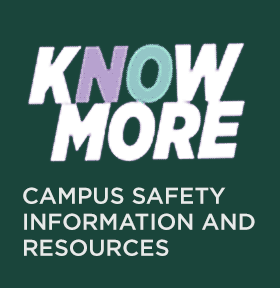
Michigan State University has added several new faces to its MSU Mobility Advisory Council, including Alta eMobility’s Vice President Mike Bucci, Magna International’s Director of Research and Development Jim Quesenberry and Senior Director of Engineering for New Mobility Jake Dadd, as well as Michigan Department of Transportation Director Brad Wieferich and Chief Operating Officer Gregg Brunner.
This marks the first time Alta, Magna and MDOT have had representation on the council.
Beyond these new additions, who bring extensive transportation insights to the council, there are four other changes to the roster. From Ford Motor Company, Bob Holycross, vice president and chief sustainability, environment and safety officer, and Karl Siebertz, head of External Alliances, Europe, will replace Ford’s previous representative, Bill Frykman.
Similarly, Phil Frederick, deputy chief scientist for the U.S. Army Ground Vehicle Systems Center, who has succeeded Denise Rizzo at GVSC, will now be a member. Beth Silver, manager of Mobility Strategy and Marketing, Americas for Bosch, also will be joining as a second Bosch representative on the council. In total, the council includes 17 outside members representing 11 leading organizations spanning the automotive, technology, utility, defense and government sectors.
Established in April 2021, the MSU Mobility Advisory Council was created to help guide the university’s mobility work, with members assisting in identifying vital research projects, core problems that need to be addressed and key areas of focus.
With last year’s hire of Judd Herzer as mobility director, who’s been leading MSU Mobility since July 2023, a large focus of the council now will center on sharpening the university’s vision for the future of mobility, deepening industry partnerships and continuing Spartans’ leadership in the state as the top producer of mobility engineering, software and executive talent.
“Our new leaders from Ford, Magna, MDOT, Alta, Bosch and the U.S. Army Ground Vehicle Systems Center will be tremendous additions to this council as we look toward helping Michigan — and the world — realize the full potential of mobility,” said Herzer, who is also a member of the council. “Gaining powerful insight from diverse perspectives represented by the council’s range of executives and companies is incredibly valuable and will help us enhance the way people and goods safely, efficiently and sustainably move across transportation sectors around the globe.”
The council’s first meeting this year will take place March 18.
“MSU is a huge contributor to the mobility talent pool that makes up Michigan’s workforce after graduation, so we are thrilled to become members of the MSU Mobility Advisory Council and further support the talent and innovation coming out the university,” said Wieferich. “We look forward to collaborating with this impressive group to offer our guidance and expertise related to infrastructure development, traffic and safety, and discussing the new era of mobility with other like-minded industry stakeholders.”
Existing members of the council include:
- Dan Garrison, senior managing director – Detroit, Accenture
- Clint Crook, vice president, STELLA Automotive AI
- Paul Thomas, president of Mobility for the Americas, Bosch
- Bethany Tabor, product manager of Commercial Electric Vehicles, and Jeff Myrom, director of Electric Transportation Customer Programs, Consumers Energy
- David Gorsich, chief scientist, U. S. Ground Vehicle Systems Center
- Glenn Stevens Jr., executive director, MICHauto and vice president of Automotive & Mobility Initiatives for the Detroit Regional Chamber
- Frank Weith, director of Connected & Mobility Services and president of Ventic, LLC, of Volkswagen Group of America
Additional individuals may be invited to join the council in the future.
About MSU Mobility
MSU has transformed its 5,200-acre campus into a live, connected ecosystem to advance smart-vehicle technology and better understand the human element. With a range of urban, suburban, industrial and rural zones, featuring nearly 60 lane miles of roads, MSU Mobility’s controlled infrastructure and active campus make it ideal to test emerging technologies for new mobility solutions.
Additionally, MSU offers a strong mobility talent pool, with more than 75% of engineering students remaining in the Midwest following graduation and nearly 60% being employed in Michigan. Learn more about the university’s ecosystem approach and Mobility at MSU.
Written by Emily Lorditch, University Communications. See more on MSUToday.
MSU College of Engineering Media and Public Relations page

